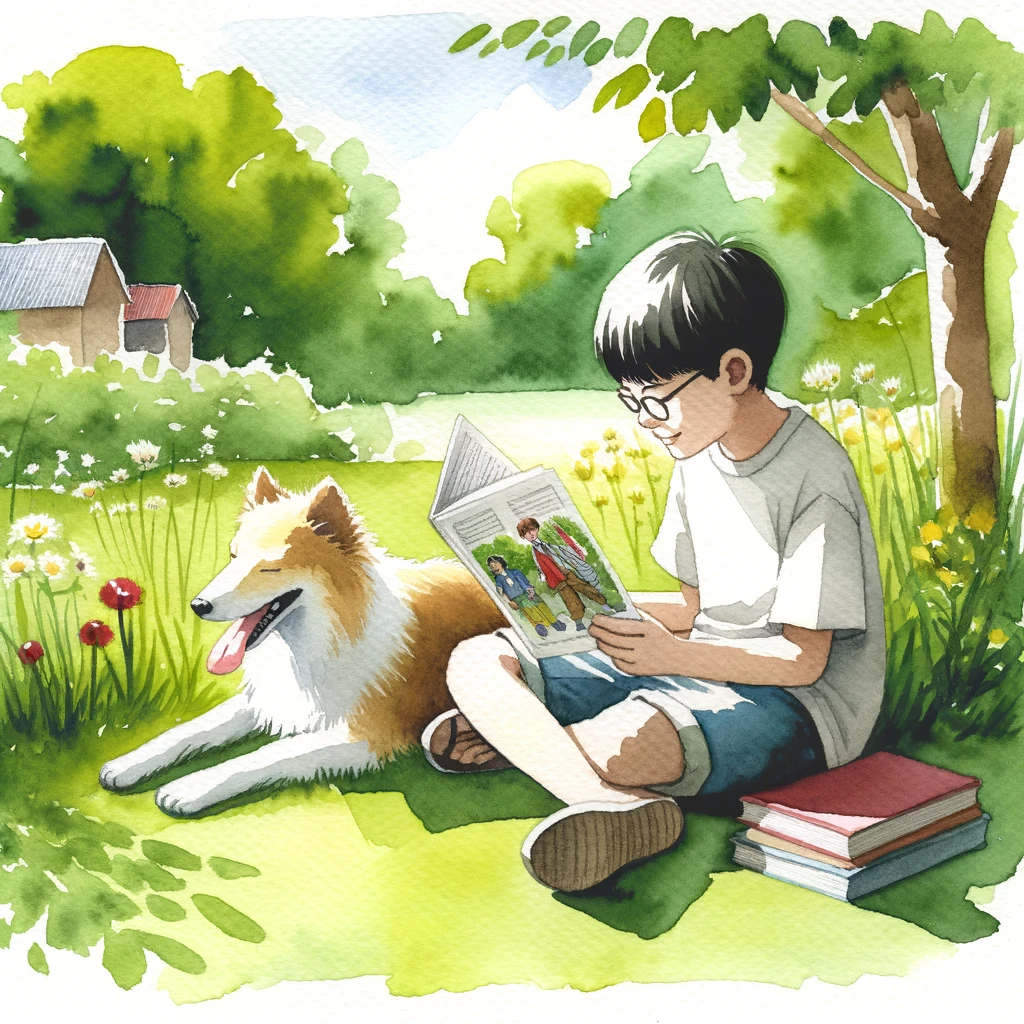Boy
Definition
Boy is a noun that refers to a male child or young man. It can also be used informally to refer to a man of any age in certain contexts. As a term, it is primarily used to distinguish the male gender in childhood or adolescence.
Parts of Speech
- Noun
Pronunciation
American English
- IPA Pronunciation: /bɔɪ/
- Respelling: BOY
British English
- IPA Pronunciation: /bɔɪ/
- Respelling: BOY
Etymology
The word "boy" originates from Middle English "boi" or "boye," meaning "servant" or "young male." It likely derives from Old English and Old Norse terms like "boia" and "bui," which referred to young servants or household members. Over time, the term evolved to mean a male child.
Derivatives
- Boyhood (noun)
- Boyish (adjective)
- Boyfriend (noun)
- Bellboy (noun)
- Errand boy (noun)
Synonyms
- Lad
- Guy
- Male child
Antonyms
- Girl
- Woman
- Female
Usage
The term "boy" is commonly used to refer to male children or young men in various contexts, such as, "The boy ran across the playground," or "He was a curious boy who loved to explore."
Related Terms
- Girl: A female child or young person.
- Child: A young person of either gender, typically under the age of puberty.
- Adolescent: A young person going through the period of development between childhood and adulthood.
Detailed Definitions
Noun
- A male child or young person: Refers to a young male individual, typically under the age of adulthood.
- Example: "The boy was excited to start school."
- A young male with specific qualities: Used to describe males with youthful traits or behaviors.
- Example: "He has a boyish charm."
- An informal term for a man: Occasionally used to refer to a man in informal contexts or endearment.
- Example: "The boys went on a fishing trip."
boy



🇨🇳 Mandarin
- 男孩
- IPA: /nán hǎi/
- Respelling: nan hai
🇮🇳 Hindi
- लड़का
- IPA: /ləɽkaː/
- Respelling: ladka
🇪🇸 Spanish
- Niño
- IPA: /ˈniɲo/
- Respelling: nee-nyo
🇫🇷 French
- Garçon
- IPA: /ɡaʁ.sɔ̃/
- Respelling: gar-son
🇦🇪 Modern Standard Arabic
- وَلَد
- IPA: /walad/
- Respelling: walad
🇧🇩 Bengali
- ছেলে
- IPA: /ʧʰele/
- Respelling: chele
🇷🇺 Russian
- Мальчик
- IPA: /ˈmalt͡ɕɪk/
- Respelling: mal'chik
🇵🇹 Portuguese
- Menino
- IPA: /mɨˈninu/
- Respelling: me-neenu
🇮🇩 Indonesian
- Anak laki-laki
- IPA: /ˈanak ˈlakiˌlaki/
- Respelling: anak la-ki-la-ki
🇩🇪 German
- Junge
- IPA: /ˈjʊŋə/
- Respelling: yoon-guh
🇯🇵 Japanese
- 少年
- IPA: /ʃoːnen/
- Respelling: shōnen
🇻🇳 Vietnamese
- Cậu bé
- IPA: /kəːw ɓeː˨˩/
- Respelling: kau be
🇰🇷 Korean
- 소년
- IPA: /so.njʌn/
- Respelling: so-nyeon
🇹🇷 Turkish
- Oğlan
- IPA: /oːlan/
- Respelling: o-lan
🇵🇰 Urdu
- لڑکا
- IPA: /ləɽkaː/
- Respelling: ladka





